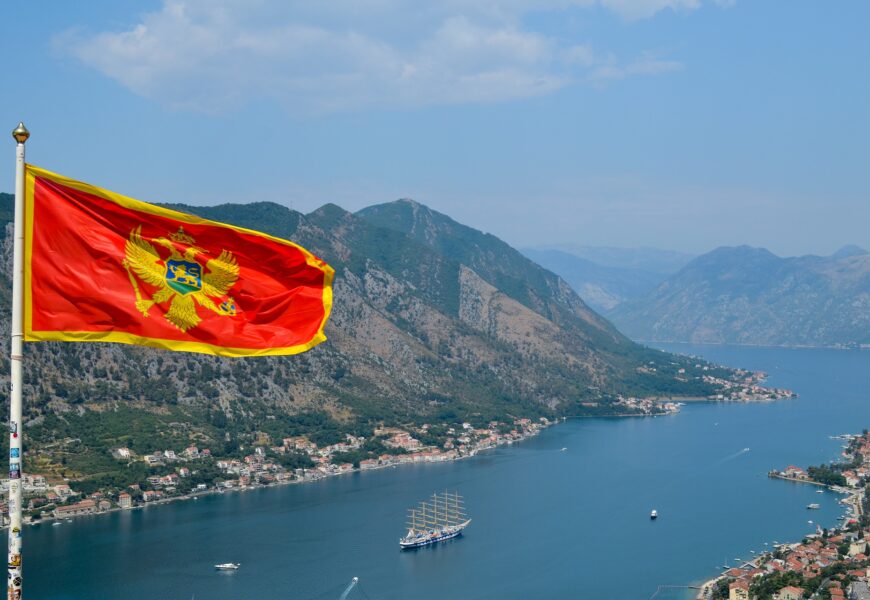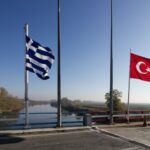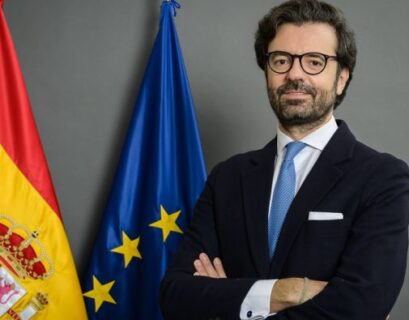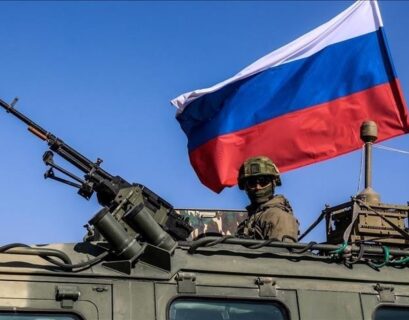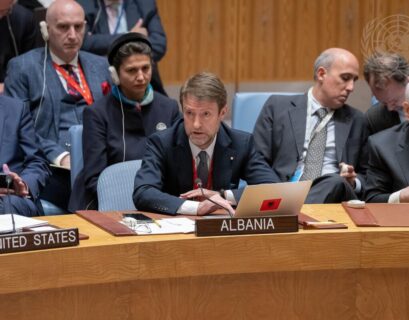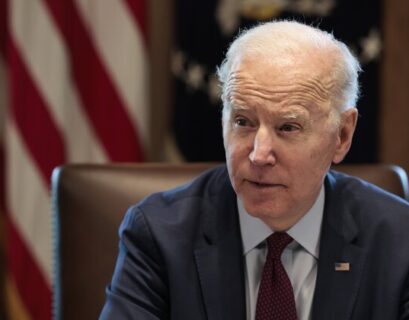JOVANA MAROVIĆ
Montenegro is in the process of forming a new government, which will be the first without Djukanovic’s Democratic Party of Socialists, DPS, since the establishment of a multi-party system. This is a scenario that many in the country wished for two months ago, but which no one could have predicted. First and foremost, the DPS has enjoyed an institutional advantage so far, even during these elections, according to the ODIHR, which has always put the opposition in an unequal position in the election race, while the conditions for holding elections have not changed compared to 2016 but they were even worse in some segments and as such were not the basis for a fair political competition. Second, Djukanovic has enjoyed the support of the international community because of his unreserved, at least on paper, commitment and orientation towards the West, which resulted in the country’s accession to NATO in 2017, negotiations with the EU that have now entered the ninth year, and most importantly, 100% the coherence of foreign policy with that of the European Union. Just before the elections, the support of some regional leaders arrived at his address. Third, Djukanovic has for some time been perceived from these addresses as a guarantor of regional stability and one of the pillars of maintaining the current balance of power in the Balkans, where non-Western actors like Russia do not find suitable ground and room for maneuver, while at least one of the Montenegrin opposition blocks wants a closer connection with Russia, which in the general fear of the possible greater influence of non-Western actors in this area is certainly not a desirable option for many. In practice, Djukanovic has survived in power for more than three decades thanks to his rhetorical power of transformation, which in that period “grew” from the closest ally of the Serbian autocrat Slobodan Milosevic to a pro-Western leader. During this period he and his party developed a strong clientelistic network creating background for corruption at all levels which is now one of the biggest problems in the country and were the causes of constant divisions mainly based on identity issues, targeting enemies inside and outside. His name is associated with many scandals, including the one related to cigarette smuggling in the 1990s, but also others involving controversial businessmen around the world. Taking all this into account, it is questionable whether Djukanovic and his party are guarantors of stability or cause of instability.
Yet for the opposition, the pieces of the puzzle were finally put together. For the first time the opposition was grouped to the extent possible, into three lines, of which the “For the Future of Montenegro” list led by the Democratic Front, DF, a radical pro-Serbian and pro-Russian coalition, won 27 out of the 81 seats in the parliament, “Peace is our nation” led by moderate Democrats won 10 seats, while the “Black on White” coalition led by the civic movement URA won 4 seats, which was enough for a close victory over the DPS and its traditional coalition allies. The grouping of the opposition largely prevented the dissipation of votes and their spillover to the DPS. The high turnout of 76%, or more than three quarters of voters, also supported the election results of the opposition, and the crisis caused by the corona virus largely prevented the voting of the diaspora, whose votes traditionally go more to the DPS than to the opposition. Another important factor that influenced such result is the great dissatisfaction of the citizens with the situation in the country, and the problems that have accumulated over the years have led to the fact that terms such as “captured state” and “hybrid regime” are most often cited along with Montenegro. A February survey of the Politikon Network shows that almost 70% of citizens do not believe that the law in the country applies equally to everyone. Finally, the third, and perhaps decisive, factor that contributed to the victory of the opposition is related to the months-long protests organized by the Serbian Orthodox Church against the Law on Freedom of Religion, which was adopted in December last year. The church was also active on the ground during the campaign, and in the end, its support unreservedly and exclusively belonged to the DF. In that way, we almost had an even playing field where part of the opposition had the support of the church while the (previous) ruling party was supported by the state (and local) budget.
This outcome of the election opens many questions fears and anxieties in the country and abroad. Will Montenegro change its foreign policy course for the reasons already mentioned and will it affect its European path and regional cooperation, what will be the role of the church in political life now, and will the opposition, which has no experience in exercising power at the state level has the necessary capacity to deal with numerous problems are some of them. While there is still no clear answer to the church’s questions and the capacity of the opposition, agreed principles and an agreement signed between the three coalitions should guarantee that Montenegro continues in the same direction and takes over what is positive from the work of the previous government. Moderate parties, but primarily URA and the Black on White coalition it leads, should be guarantors of respecting the established principles and obligations from the signed agreement which is imperative for the new government and if that is not the case, the very existence of the coalition will be called into question. Since the Democrats got the position of the Speaker of the Parliament, the DF position of the future Prime Minister, the biggest fight in the opposition negotiations is currently around the key departments in the Government (defense, foreign affairs, police) which URA wants for itself in order to ensure the fulfillment of the signed documents.
Yet, and what is for the most citizens, empowered by the awareness that power is changeable, most important, a change of government after so many years also means a great chance for the democratization of the country. The new majority will take power in an extremely complicated political and economic situation in the country. The society is deeply divided on numerous grounds, the public debt is growing day by day, and the consequences of the crisis caused by the corona virus are still not even possible to see precisely. In addition to all that, the three coalitions that make up the new government differ significantly along program and ideological lines, but the resolute fight against corruption and organized crime is one of the points on which there are no disagreements and around which they are united. It is clear that the new government will not be able to ignore economic problems, but because of them the agenda that is right at the center of the EU accession negotiations must not suffer. If, with the obvious problems that will exist in the consolidation of finances and with even more obvious disagreements within the coalition on many important issues, there are no results in this segment where there is the same understanding and agenda, then the new government will quickly lose the trust it gained in the elections. Dismantling the system that has been built for 30 years is not an easy task, and in order to achieve this goal, the most important thing will be to remove the influence of organized crime on decision makers. The concrete determination of responsibility for scandals and abuses, and strict implementation of the law, full transparency of the work of institutions in order to build trust in their work are also steps towards that goal. All of this cannot happen overnight, and the outcome is not easy to predict, so we cannot now speak of optimism, but only of high expectations that at least some important steps will be taken.
Jovana Marović is Executive Director of the Politikon Network, a Podgorica-based think tank, member of the Balkans in Europe Policy Advisory Group (BiEPAG), and a member of the Working group for Chapter 23, Judiciary and Fundamental Rights, within the EU accession negotiations of Montenegro.


